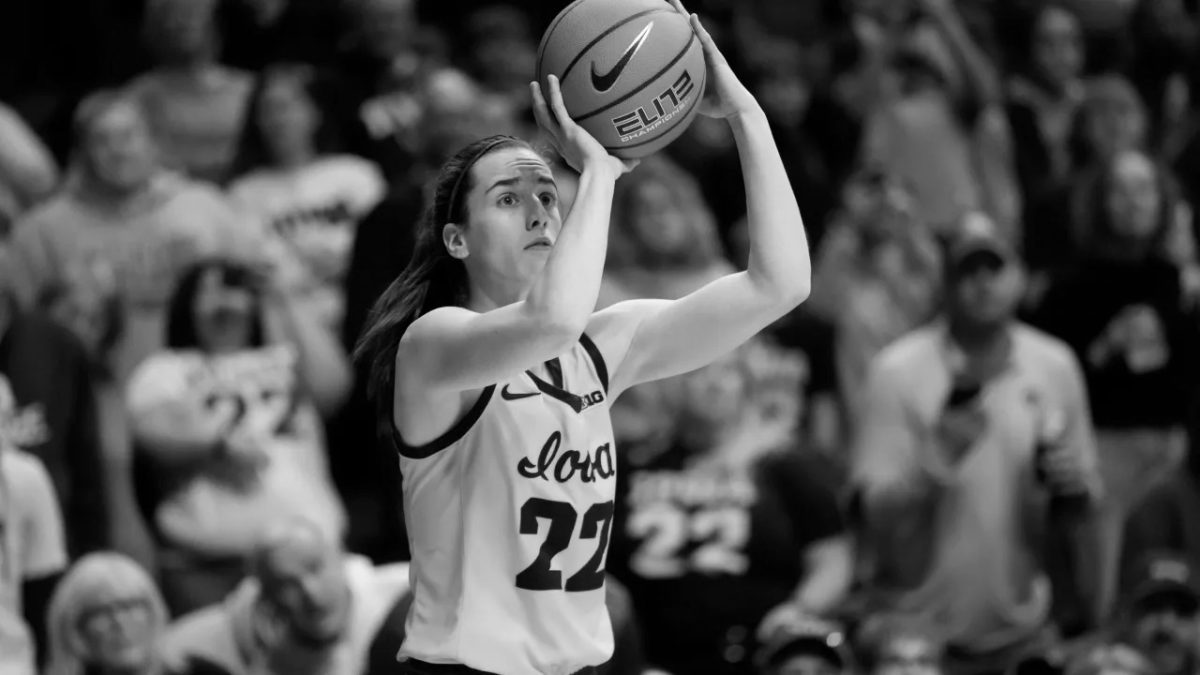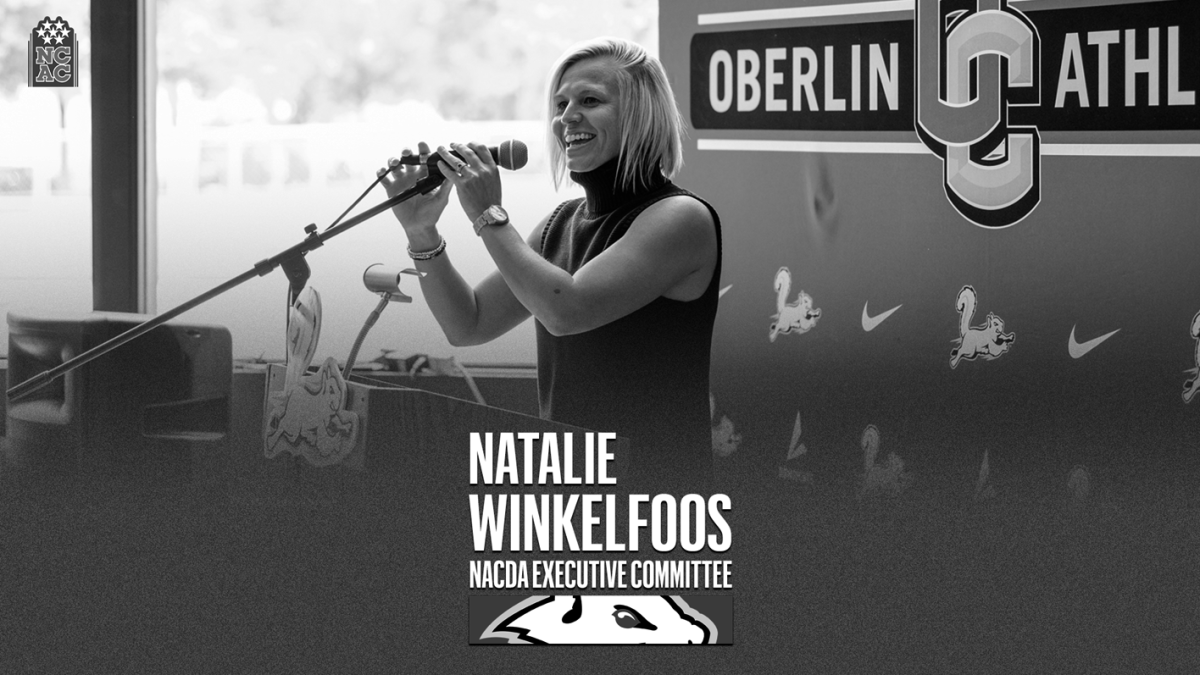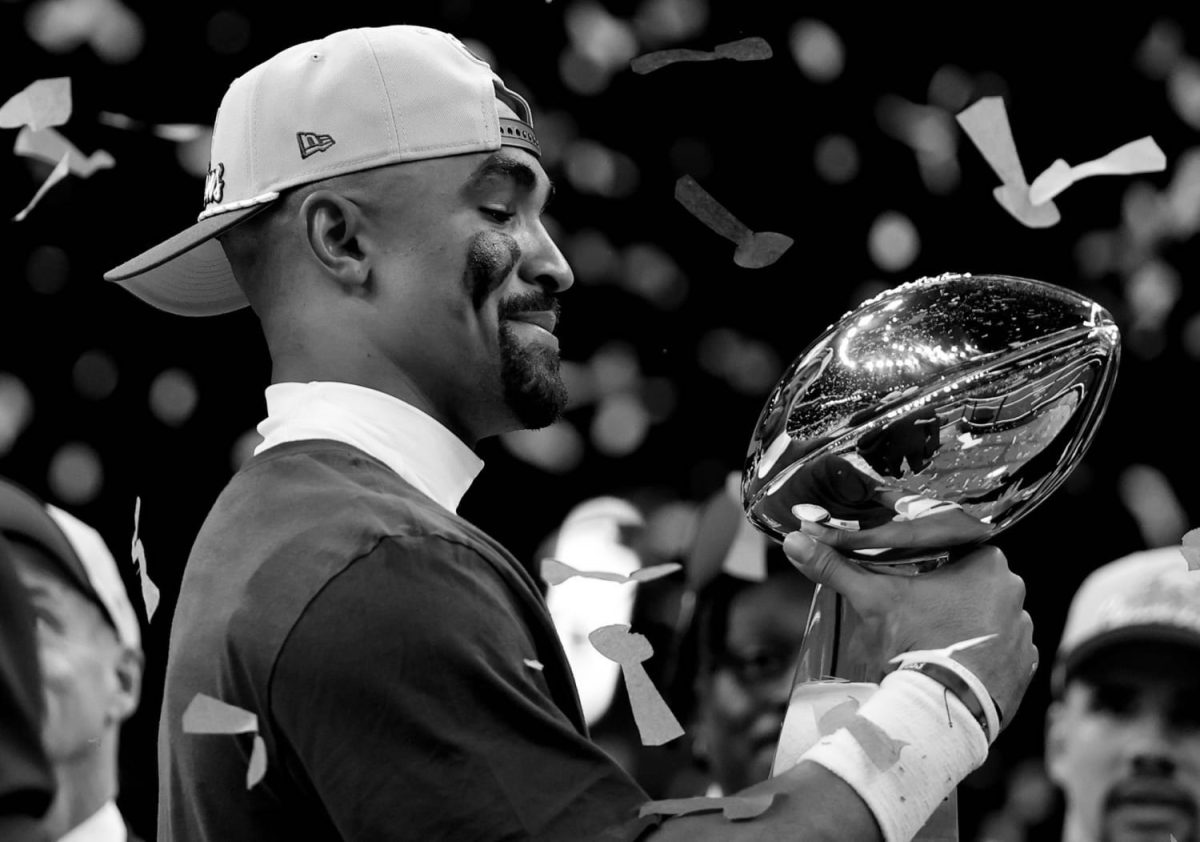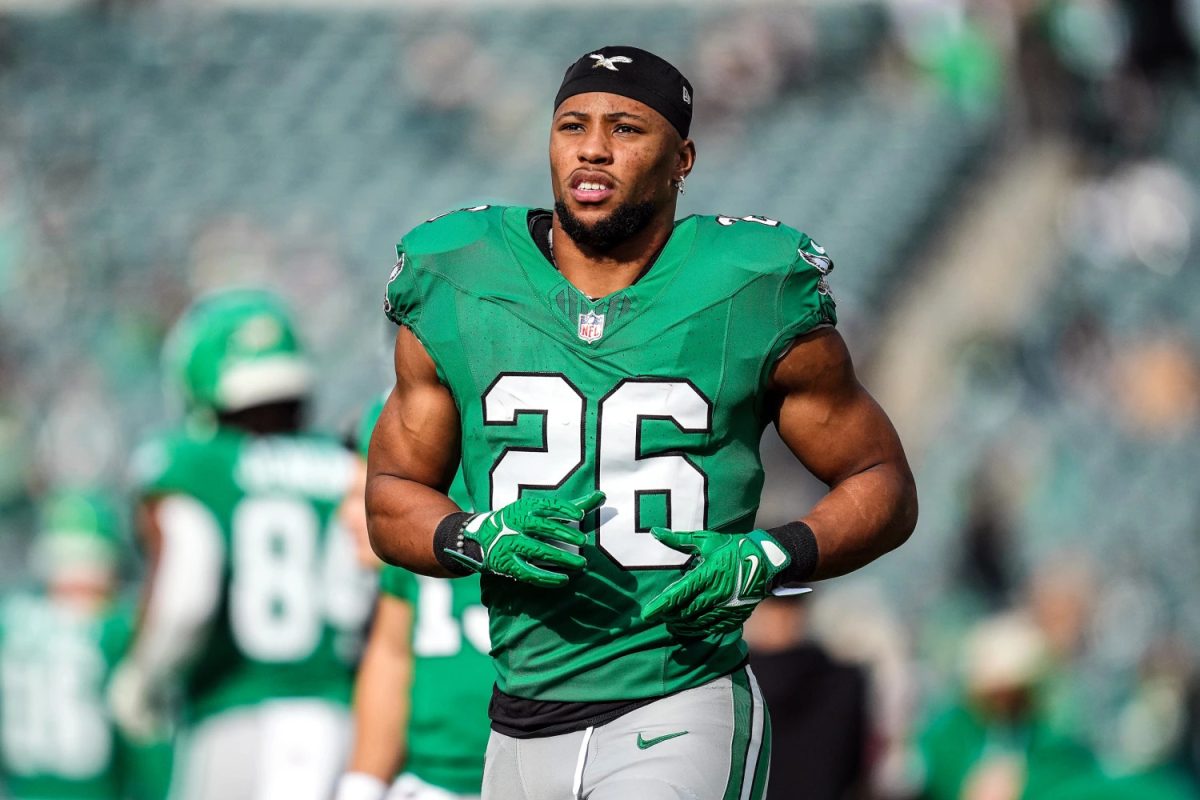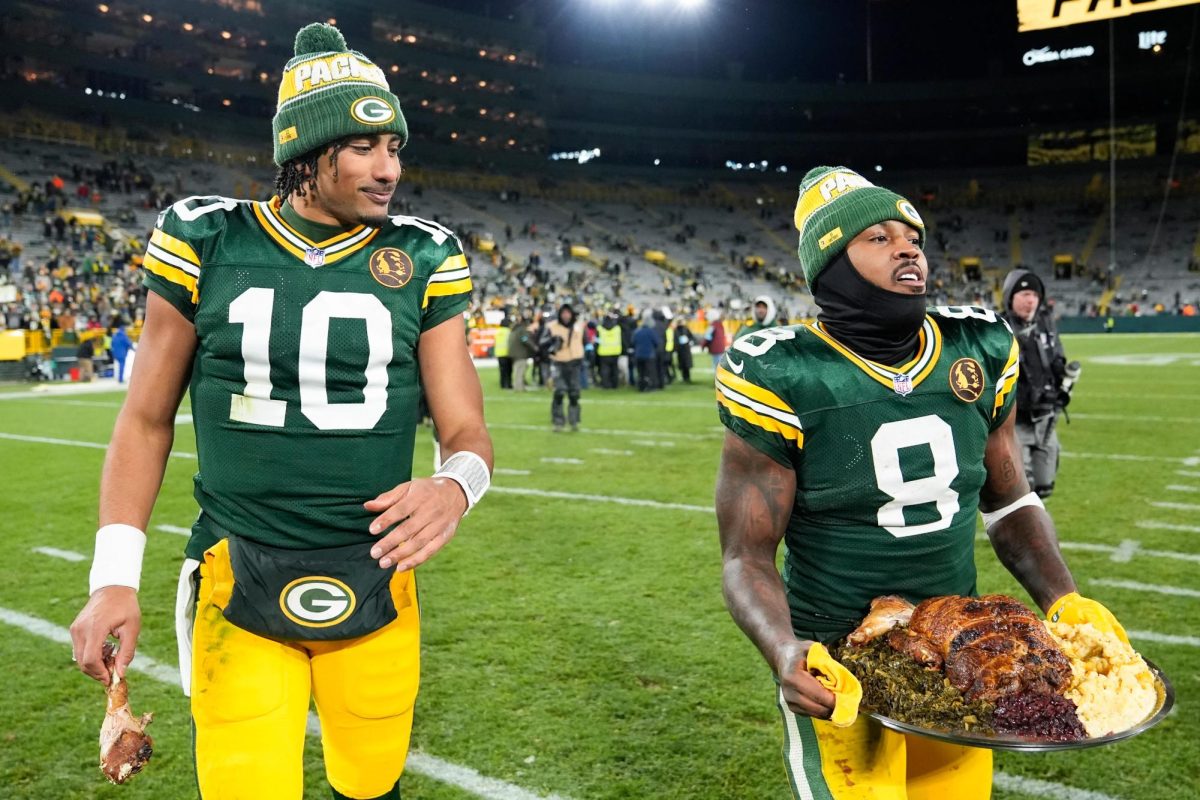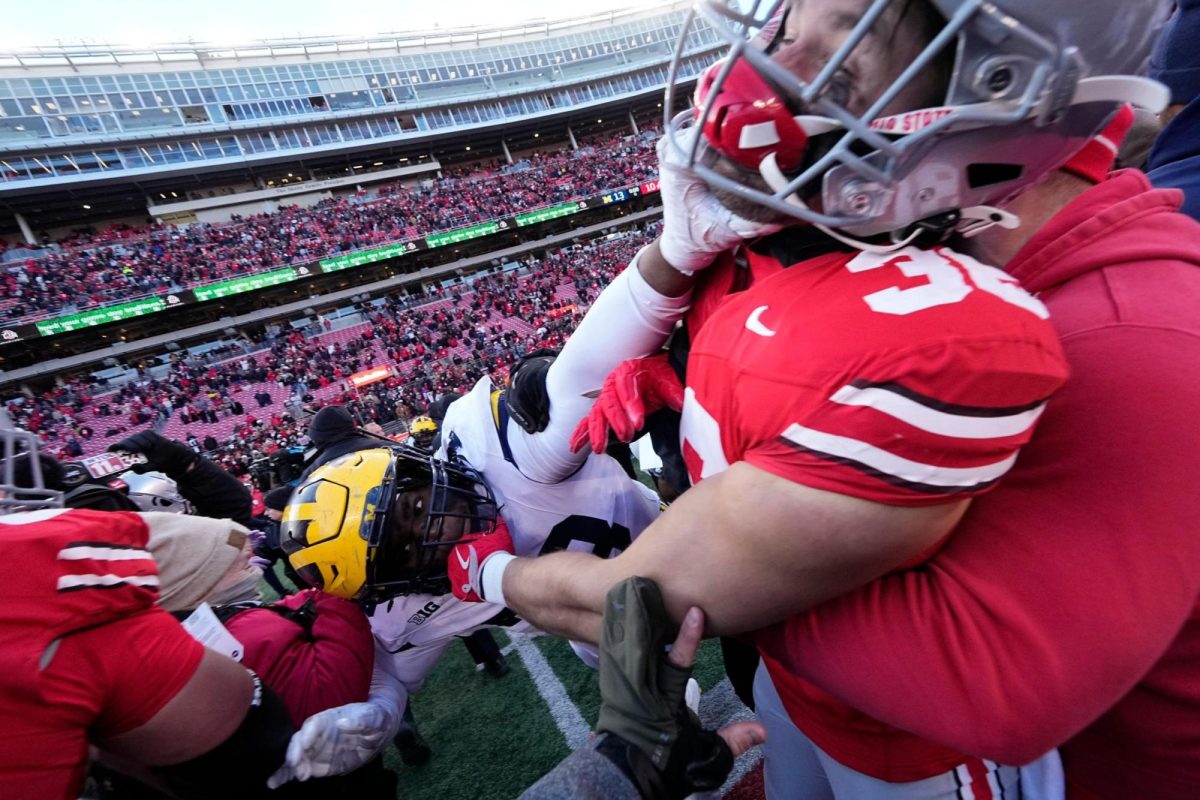It’s safe to say that the word “greatness” cannot fully describe Caitlin Clark’s career. Yesterday, thanks to one of her iconic three-point baskets that she shot from the logo, the Iowa point guard broke the all-time NCAA women’s scoring record just three minutes into a game against Michigan, now only 98 points behind all-time NCAA scorer Pete Maravich’s 3,667. On Sunday, she became the 6th player in college women’s basketball to reach 1,000 career assists in an upset loss against Nebraska. During her career, Iowa went from a 20–10 record in 2020–2021 to a top-5 ranking in both the AP and USA Today Coaches polls every week this season so far. She led Iowa to the Final Four for the first time in 30 years as well as a National Championship game for the first time in history. And she swept every major National Player of the Year Award in 2023, likely doing the same this year as the current Division I leader for points and assists per game.
As Clark cements her name in basketball history, many have called into question what her career will look like as she transitions to the WNBA. Former WNBA champion and Olympian Sheryl Swoopes talked about this in a podcast when asked about Clark’s chances in the WNBA.
“Will Caitlin Clark come into the WNBA and do what she is doing right now, immediately? Absolutely not,” Swoopes said in a podcast with Gilbert Arenas.
Swoopes made several incorrect claims about Clark in the interview. For instance, Caitlin is not in her fifth year; she is playing as a true senior. However, there is some merit to Swoopes’ comments. While it has historically struggled with viewership and pay, the WNBA is notoriously difficult to get into. This year, only half of the picks from the 2022 and 2023 draft night made it past training camps, and it is not uncommon for national champions, All-Americans, and first-round picks to be waived. Iowa only has one active player in the league, Megan Gustafson, who was recently traded to the Las Vegas Aces from the Phoenix Mercury.
This is not to say that Clark won’t be successful. But it’s rare even for rookies to immediately have a smooth transition and stats similar to their college careers, whether it be because of the abrupt transition from college — training camp happens almost immediately after the draft itself — recurring injuries, or simply trying to fan minutes with a packed roster of WNBA veterans.
Yet the response to Swoopes was harsh, quickly veering from well-intended corrections to severe harassment. One podcast episode criticizing Swoopes’ comments was titled “Caitlin Clark Under Attack for Not Being a Black Lesbian?” Fans were spotted wearing “Don’t Be a Sheryl” shirts in a game against Penn State, prompting backlash from many WNBA players. Swoopes has since set her Twitter account to private. Swoopes is not the only person to face harassment after going up against Clark. After the Final Four, South Carolina received so much hate that Aliyah Boston made a statement on X, formally known as Twitter, asking for them to stop. In the same tournament, there was significant backlash against Angel Reese after her celebration as well, causing heavy discourse regarding a potential racial double standard between Clark and Reese.
It’s also true that the “Caitlin Clark effect” is in full swing — the lowest price for seats at her record-breaking game was $237, all games played against Big Ten opponents in the regular season have completely sold out, and there’s even a “Caitlin Cam” on Fox’s TikTok account that followed her exclusively on the court. Clark may be a catalyst for the popularity of women’s basketball right now, but the truth is that this comes from years of other women’s college basketball players making history. For example, the scoring record doesn’t actually encompass the entirety of women’s basketball history. Some fans have noted that other players have over 100 more points than Clark and are not acknowledged by the NCAA.
“While we’re all stoked for Caitlin Clark’s impending record, it’s important to remember that the NCAA doesn’t include or recognize any championships, stats, or records from the previous women’s sports governing body, the AIAW,” Steph Rotz said on the podcast The Gist. “There are notably two trailblazing Black women from college basketball history, Lynette Woodard and Pearl Moore, who notched career scoring records that are even higher than Plum’s current 3,527 points.”
Woodard, from the University of Kansas, notched 3,649 career points in her 1977–1981 career. Moore, who played for Francis Marion University from 1976–1979, scored 4,061 points, which to this day is the most career points by any female collegiate basketball player in any division.
Again, this is not to diminish Clark’s many accomplishments, records, and contributions. I speak as a fan of both Clark and women’s basketball; for her career to elevate and thrive after college, and for the greater good of the sport, her fans must acknowledge the players who have come before Clark and their own impacts on the game. Telling people to “not be a Sheryl” means that they are not willing to acknowledge the full history and current trends of the WNBA. If fans are this quick to disregard a reasonable opinion from a WNBA veteran, it also shows that they do not have respect for the league and are willing to abandon Clark once her college career ends. That is detrimental not only to her, but to all of women’s basketball — collegiate and professional.


